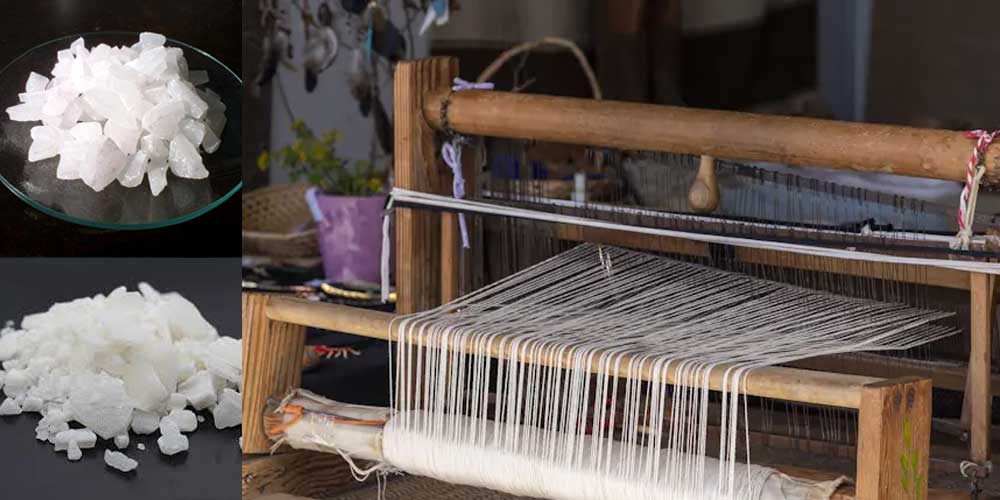Aluminum Sulfate, with the chemical formula Al2(SO4)3, also known as alum, is a water-soluble compound that plays a crucial role in textile manufacturing processes due to its unique properties and chemical composition. One of its primary applications is in the dyeing and printing of fabrics. Aluminum sulfate acts as a mordant, which helps in fixing dyes to the fibers, thereby enhancing color fastness and improving the overall quality of the dyed fabric. By forming insoluble complexes with the dyes, alum ensures their retention on the fabric, preventing bleeding and fading during subsequent washes.
Moreover, aluminum sulfate is utilized in the preparation of certain types of mordant dyes, such as Turkey red oil. These dyes, known for their vibrant and long-lasting colors, are widely employed in the textile industry for dyeing cotton and other natural fibers. The addition of alum to the dye bath facilitates the binding of the dye molecules to the fabric, resulting in uniform coloration and improved wash fastness.
In addition to its role in dyeing, aluminum sulfate finds application in textile sizing, a process aimed at enhancing the strength, smoothness, and handling properties of yarns and fabrics. Sizing agents, often composed of starch or synthetic polymers, are applied to the surface of yarns to reduce friction and breakage during weaving or knitting. Aluminum sulfate is used as a coagulant in the preparation of starch-based sizing formulations. By promoting the aggregation of starch particles, alum helps in achieving uniform sizing deposition on the fabric, leading to improved weaving efficiency and fabric quality.
Furthermore, aluminum sulfate is employed in the scouring and desizing of textiles, particularly cotton fibers. Scouring is the process of removing impurities, such as waxes, pectins, and natural oils, from the fabric surface to facilitate better dye penetration and adhesion. Aluminum sulfate, along with alkalis or surfactants, aids in emulsifying and dispersing these impurities, resulting in cleaner and more absorbent fibers. Similarly, in desizing, alum assists in the breakdown of starch-based sizing agents applied during yarn preparation, thus preparing the fabric for subsequent dyeing or finishing treatments.
Additionally, aluminum sulfate serves as a coagulant in wastewater treatment processes within textile manufacturing plants. The effluent generated from various textile operations often contains suspended solids, colorants, and other pollutants, posing environmental challenges if discharged untreated. By adding alum to the wastewater, suspended particles are destabilized and agglomerated, facilitating their removal through sedimentation or filtration. This helps in achieving compliance with regulatory standards and minimizing the environmental impact of textile production activities.
In conclusion, aluminum sulfate plays a multifaceted role in the textile industry, contributing to dyeing, sizing, scouring, desizing, and wastewater treatment processes. Its effectiveness as a mordant, coagulant, and processing aid underscores its importance in textile manufacturing operations.
Post time: Apr-26-2024


